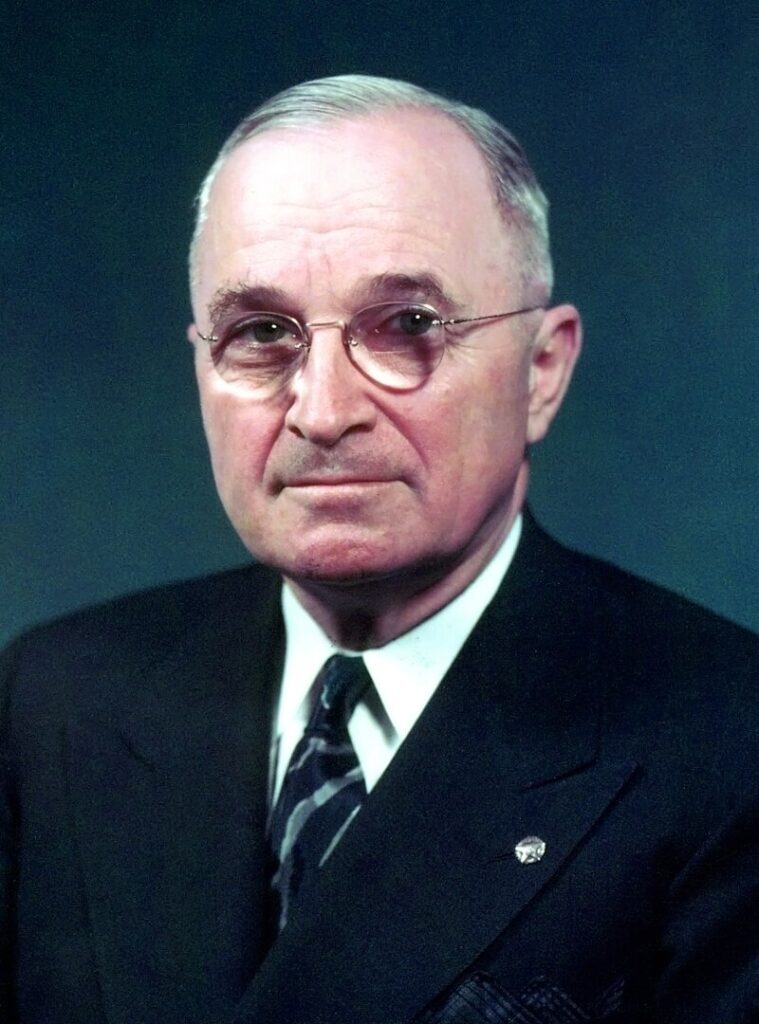Truman Wasn’t The Decider
After watching The Discourse yesterday on dropping the atom bombs in World War II, I think it’s time to piss off most of the commentariat and front pagers.
Alex Wellerstein has carefully researched President Harry Truman’s role in that action, which contributed to the end of World War II. Truman did not decide to drop the bombs.
There are other aspects of The Discourse that are counter to what is known historically, but I’ll focus on Truman’s role. Wellerstein has shared his research in blog posts and scholarly articles and has a book coming out in December about it.
I should say that Alex is a friend, and I’ve spent a lot of time with his ideas on this in working through a feminist analysis of developments in nuclear strategy through the 1950s. His documentation is solid, and his conclusions seem to me to fit the timeline better than the common wisdom.
That common wisdom is largely derived from an article by Henry Stimson in Harper’s Magazine in 1947, justifying the use of the bombs against Japan. The article is very much a product of its time. Its author is one of the decisionmakers.
Wellerstein’s account goes something like this:
Harry Truman knew nothing about the atom bomb project until he became president in April 1945. With Roosevelt’s death, he took over the war, which was winding down in Europe but not the Pacific. He was briefed on the project but also had other things on his mind.
The Manhattan Project was geared toward delivering a new weapon to the military. Presidents were not involved in military decisions like choosing targets. The unusual character of the Manhattan Project weapons, however, required more thought in choosing targets than usual. In particular, the scientists and their backers in the government wanted to learn as much as possible about the effects of the weapons. A target committee was established in late April 1945 to consider targets in Japan.
Truman was aware of the target committee but not a participant. The two atomic weapons were delivered to the military, which decided when to use them on targets out of the several recommended by the target committee. Truman seems to have initially understood that Hiroshima and Nagasaki were strictly military targets and learned after the fact that many civilians had been killed. A third bomb could have been ready within a few weeks, but Truman vetoed its preparation and use because of potential civilian casualties. That was his first decision on atomic weapons.
This was an enormous change to what the military believed to be its prerogatives, and the rest of Truman’s term involved struggles with the military to put the use of nuclear weapons under the President’s decision. Truman shaped today’s situation in which only the President can order the use of nuclear weapons. This was part of his removing General Douglas MacArthur from command in the Korean War.
This changes a large chunk of the debate about the history of dropping the bombs. There are other factors, too, like the imminent Soviet invasion of Japan that made a difference. But Truman never agonized over dropping the bombs versus an invasion of Japan.



